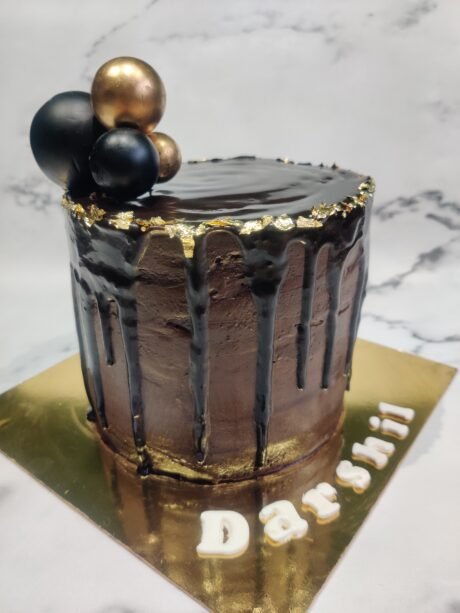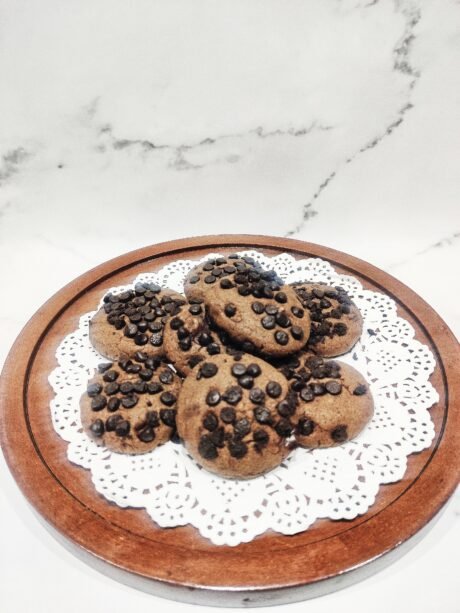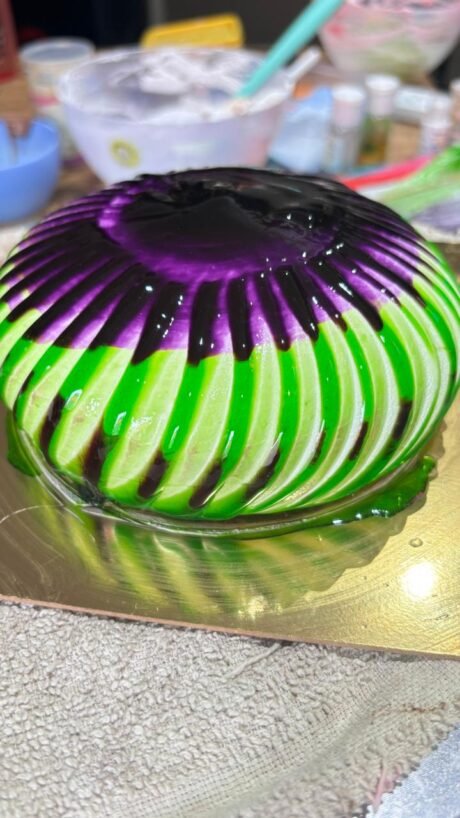The Basics of Baking: Essential Ingredients and Techniques
Baking, at its core, is a precise science that relies on a handful of key ingredients and fundamental techniques. Understanding these basic elements is crucial for any aspiring baker. Let’s start with the essential ingredients. Flour, often considered the backbone of baking, provides structure to baked goods. Different types of flour, such as all-purpose, bread, and cake flour, each have unique properties that affect the texture and density of the final product.
Sugar is another critical ingredient, contributing not only sweetness but also moisture and tenderness. Granulated sugar, brown sugar, and powdered sugar each bring distinct characteristics to recipes. Eggs play a multifaceted role, offering structure, leavening, and richness. Butter, another cornerstone in baking, imparts flavor and helps create a tender crumb.
Next, let’s discuss fundamental baking tools and equipment. Accurate measurements are vital, so a good set of measuring cups and spoons is indispensable. Mixing bowls, preferably in various sizes, allow for efficient preparation and combination of ingredients. A sturdy mixer, whether hand-held or stand-alone, can make tasks like creaming butter and sugar much easier. Ovens, of course, are the workhorses of the baking world; an understanding of your oven’s quirks can significantly impact the outcome of your baked goods.
Basic baking techniques form the foundation for more complex recipes. Creaming butter and sugar together is a common first step in many recipes, creating a light and airy base. Sifting dry ingredients, such as flour, baking powder, and cocoa, ensures even distribution and aeration, which is crucial for achieving the desired texture. Accurate measurements cannot be overstated; even slight deviations can alter the chemical reactions that occur during baking, leading to subpar results.
Mastering these essential ingredients and techniques will set you up for success as you venture into more advanced baking endeavors. With a solid foundation, you’ll be well-equipped to tackle the challenges and joys of baking, creating delicious and impressive treats along the way.
Beyond the Basics: Advanced Baking Tips and Creative Recipes
As you advance in your baking journey, mastering more complex techniques and recipes becomes essential. One of the key skills to develop is tempering chocolate, which involves carefully heating and cooling chocolate to stabilize its crystals, resulting in a glossy finish and a satisfying snap. Another vital technique is making laminated dough, used for croissants and puff pastries, which requires folding butter into the dough multiple times to create layers. This process can be time-consuming but yields flakey, buttery pastries that are well worth the effort. Additionally, mastering meringue, whether it’s French, Swiss, or Italian, opens the door to a variety of desserts, from pavlovas to macarons.
Beyond techniques, advanced baking also involves tackling creative and challenging recipes. For instance, multi-layered cakes, which require precise baking and assembly, can be a true test of skill. Artisan bread, with its crusty exterior and airy interior, often involves long fermentation periods and careful handling of the dough. Intricate pastries, such as mille-feuille or éclairs, demand precision and patience but offer rewarding results. These recipes not only expand your repertoire but also push you to hone your skills and experiment with flavors and textures.
Despite best efforts, advanced baking can sometimes lead to common problems. Uneven baking may occur due to hot spots in the oven or incorrect placement of the baking tray. To mitigate this, rotate your tray halfway through baking and ensure it’s positioned centrally. Sinking cakes can result from overmixing the batter or opening the oven door too early; be gentle with your mixing and patient with your baking. Over-proofed dough can lead to flat, dense bread; keep a close eye on proofing times and conditions to avoid this issue.
Exploring advanced baking techniques and recipes can be both challenging and rewarding. By mastering skills such as tempering chocolate, making laminated dough, and creating meringues, as well as tackling complex recipes, you can elevate your baking to new heights. Embrace experimentation and creativity in your kitchen, and let each bake be an opportunity to learn and grow as a baker.





Leave A Comment